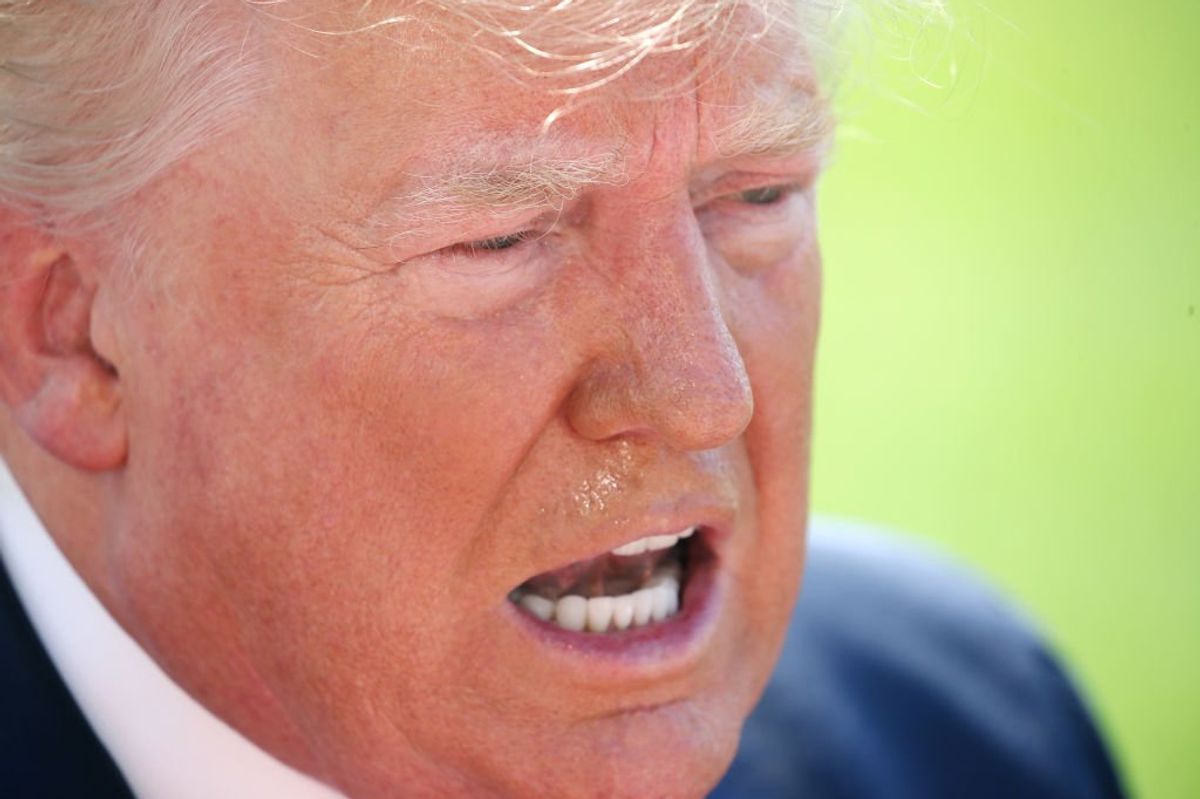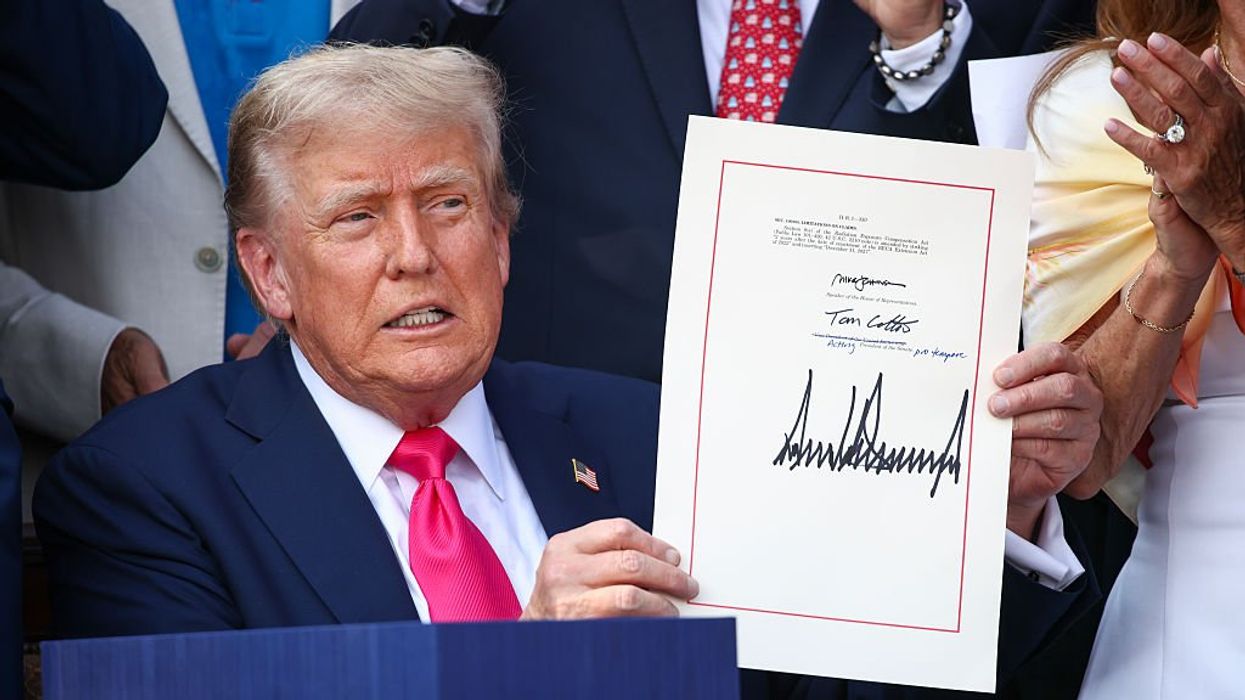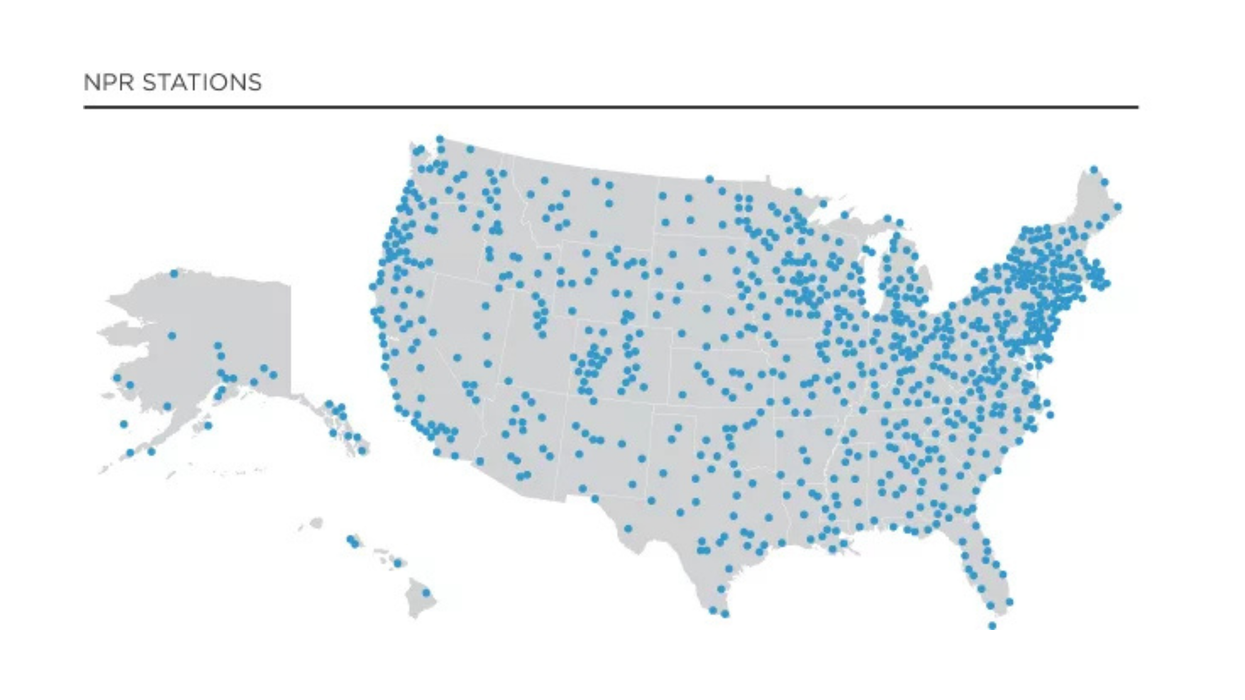Trump himself has diagnosed Trump Derangement Syndrome upon Joe Biden, Kamala Harris, Nancy Pelosi, Liz Cheney, Chris Christie, Robert De Niro, Jimmy Kimmel, and Bill Maher.
Context
In 2015, during President Donald Trump’s first campaign, his supporters began using the phrase “Trump Derangement Syndrome” or “TDS” to describe his opponents, as a way of claiming their fears about him were highly exaggerated.
The term is also used about people who change a public policy stance with the apparent sole intention of opposing Trump. For example, surveys show Democrats were split 50/50 about a U.S.-Mexico border wall as recently as the early 2010s, but their opposition surged after Trump endorsed the concept.
The term was coined by columnist Esther Goldberg in an August 2015 column for the American Spectator, only two months after Trump declared his candidacy. Trump himself has used the phrase at least 90 times on Truth Social.
What the bill does
The Trump Derangement Syndrome Research Act would conduct an NIH (National Institutes of Health) study on the supposed mental disorder. The bill would fund the research through the existing NIH budget, rather than appropriating additional taxpayer money.
It was introduced in May by Rep. Warren Davidson (R-OH8).
What supporters say
Supporters argue that Trump Derangement Syndrome merits studying by the government, the way the government studies mental health conditions including autism, eating disorders, schizophrenia, and OCD.
“TDS has divided families, the country, and led to nationwide violence — including two assassination attempts on President Trump,” Rep. Davidson said in a press release. “Instead of funding ludicrous studies such as giving methamphetamine to cats or teaching monkeys to gamble for their drinking water, the NIH should use that funding to research issues that are relevant to the real world.”
Fact check: the NIH website does indeed include studies about giving meth to cats and teaching monkeys to gamble for their drinking water. (Though such examples represent an extremely small percentage of the agency’s total budget.)
What opponents say
Opponents counter that the same Republicans behind this bill hypocritically restrict NIH funding for “actual” public health issues that violate their policy beliefs, such as studies on gun violence or funding for pandemic preparedness.
Opponents also counter that the derangement actually runs in the opposite direction: namely, they say Trump’s opponents accurately reflect his dangers, but Trump himself exaggerates those of his opponents.
For example, amid Trump’s recent verbal attacks and legal fights against Harvard University, the college’s psychology professor Steven Pinker wrote a New York Times opinion column claiming Trump has “Harvard Derangement Syndrome.”
An attempted countermovement among Trump opponents attempts to reappropriate the phrase “Trump Derangement Syndrome” in reference to unsubstantiated political beliefs by Trump supporters, though this hasn’t caught on nearly as much as the original definition.
Minnesota’s similar state-level bill
In March, several state-level Minnesota Senate Republicans introduced a similar bill to officially classify Trump Derangement Syndrome as a mental illness.
“It’s a real thing,” state Sen. Eric Lucero (R) said on Minnesota’s right-wing show Northern Alliance Radio with Jack Tomczak. “There is a phenomenon out there of people that just go crazy at the invoking of Trump. It is a thing that I think we need to take seriously.”
Minnesota’s state Senate Democratic Leader Erin Murphy countered that the legislation “trivializes serious mental health issues” and declared it “possibly the worst bill in Minnesota history."
With the Minnesota state senate and governorship both controlled by Democrats, odds of passage are nil.
Odds of passage
So far, the congressional bill has attracted one Republican cosponsor: Rep. Barry Moore (R-AL1).
It awaits a potential vote in the House Energy and Commerce Committee, controlled by Republicans.
Jesse Rifkin is a freelance journalist with the Fulcrum. Don’t miss his weekly report, Congress Bill Spotlight, every Friday on the Fulcrum. Rifkin’s writings about politics and Congress have been published in the Washington Post, Politico, Roll Call, Los Angeles Times, CNN Opinion, GovTrack, and USA Today.
SUGGESTIONS:
Congress Bill Spotlight: National Garden of American Heroes, As Trump Proposed
Congress Bill Spotlight: Preventing Presidential Inaugurations on MLK Day, Like Trump’s




















